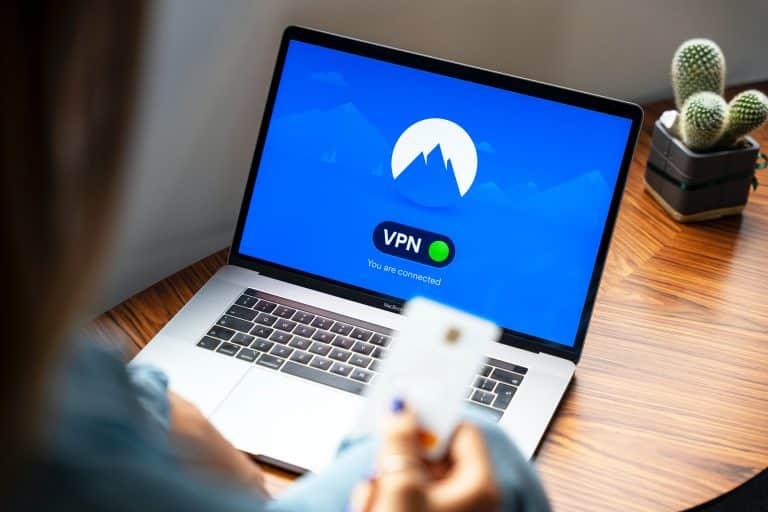A virtual private network (VPN) acts as a go-between between you and the rest of the Internet. To keep your online activity hidden, you would use a VPN server instead of directly talking with a website.
Consider the scenario when you wish to send money from your bank account to a family member. This may be done by going to the bank’s website and entering your login information.
Your username, password, and bank account details are all at risk if you don’t use a VPN. Keep in mind that we’re not only referring to cybercriminals here. Your online activity can be seen by a variety of parties, including your ISP, the government, and even network administrators at your place of business.
Because it’s open and unsecured, they might get to your data if they had the necessary tools. The graphic below demonstrates how your data may be viewed by those with the appropriate tools and technical competence (within the data packets).
A VPN, on the other hand, establishes a tunnel through which your data packets flow, shielding them from prying eyes. Using a VPN encrypts or converts your data into a code that only the destination (in this case, your bank’s website) can decipher.
Why Would You Want a Virtual Private Network (VPN)?
When you connect to the Internet, the data sent by your device is encrypted via a virtual private network (VPN). It converts your data into a mess of cryptic code so that anyone looking at it will only be able to see that. Since the data is encrypted, they won’t be able to decipher it.
Because most VPN services employ cutting-edge encryption standards and technology, hackers will be unable to decipher your data.
What Information Can a VPN Disguise for You?
As you can see, using a VPN is one of the most effective ways to ensure your privacy online. Recent research showed that 49% of VPN users use the service for security reasons, 40% for privacy and 31% for utilising public Wi-Fi networks. VPN users.
But what exactly can a VPN protect you from? A VPN shields you from the three dangers listed below.
Accessed Websites and Software
Every time you go to a website, your device transmits data packets to the website’s hosting server. The VPN encrypts these data packets to keep them private from prying eyes. As a result, no one can see what you’ve been doing online. You don’t have to be concerned about your internet service provider (ISP), browser, or hackers watching your every step when you access your bank account or medical documents online.
IP (Internet Protocol) Address
Any device you use can have its IP address hidden with the use of a VPN. The IP address is your computer’s identification number on the internet, and it may tell a lot about you. Using a virtual private network (VPN) virtually ensures your online identity is hidden.
Type of Device and Location
Your location and device type are also hidden while utilising a VPN to mask your IP address. You can use this feature to visit websites that aren’t available to you right now because of your location.
Conclusion:
You should be able to keep track of your browser history, IP address, and current location without having to reveal it to others. If this data ends up in the wrong hands, you might be in for a world of hurt. It’s possible that someone will steal your identity and use it maliciously. Bank account hacking is another way cybercriminals may take your money.
However, a VPN’s operation revolves around encryption. It’s by far the most valuable thing users get out of it. A VPN masks your online habits and identity by encrypting your data.

